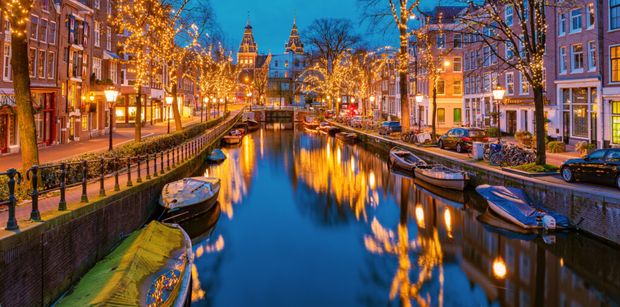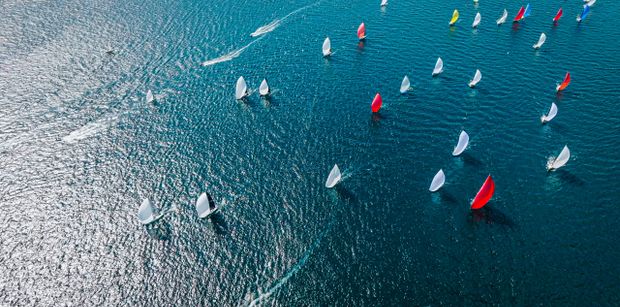Last week, the maritime industry gathered in Amsterdam for the iconic METSTRADE show. At Boatbookings, we are passionate about sustainability and greener solutions for the boating industry. We regularly stay ahead of the developments and innovations; here we have put together some of our favourite launches and news from METSTRADE 2024:

A Sustainability Focus
This year, the Superyacht Sustainability Route returned, highlighting solutions verified by the Water Revolution Foundation. These solutions aid efficiency, reduce environmental impact, promote corporate responsibility, and minimise waste.
The show encompassed a range of seminars and workshops from leaders in the maritime industry to discuss the current and future goals of sustainability within the marine world. We were pleased to see that sustainability was truly a cornerstone of the discussions throughout the show, marking significant change and development in the future.
The Launch Of YETI
Along with their involvement in the Sustainability Route, the Water Revolution Foundation also launched its new YETI software tool to reduce yachting’s eco-footprint. The Yacht Environmental Transparency Index results from an industry-wide collaboration and is designed for the yachting industry to access, compare, and improve its environmental footprint. The tool calculates critical ecological factors, such as propulsion and energy usage in hotel loads, providing an environmental profile for each yacht.
Garmin Improve Packaging
Garmin also presented various solutions to minimise its footprint, such as packaging improvements. The company explained how it uses less packaging and drastically reduces plastic while eliminating 90% of foam within product boxes.
Greener Teak From Flexiteek
Flexiteek launched its latest synthetic teak decking, significantly improving performance and design. The new model builds on the company’s legacy of improving sustainability. The company produces teak that replicates the appearance of natural teak while using a renewable material that reduces emissions by up to 80%.
Gori Present Hyrbid Sailing Propeller
At METSTRADE, Gori Propellers announced the development of a new hybrid folding propeller designed for electric and hybrid sailing yachts, set to launch in 2025. The new design enables sailors to switch between optimal sealing performance and power regeneration modes.
Sustainable Fabrics From Sunbrella
Sunbrella highlights its dedication to sustainability by displaying the ‘Endless Stories’ fabric collection, designed in-house, it is developed from production waste materials with up to 50% recycled fibres. It is Sunbrrella’s first dedicated range of recycled materials for marine use.
A Greener Future
This year’s shows demonstrated that sustainability is no longer an option but a transformation in the boating world. From innovative software tools to exciting product designs, the marine sector is reimagining its approach. These developments represent a collective commitment to preserving our oceans. At Boatbookings, we are excited and optimistic about the boating sector’s trajectory and look forward to continuing to support and promote these initiatives.
Check out our greener crewed charter catamarans for those looking to make a positive change and charter better. Contact one of the team members today to learn more about our commitment to sustainability.

